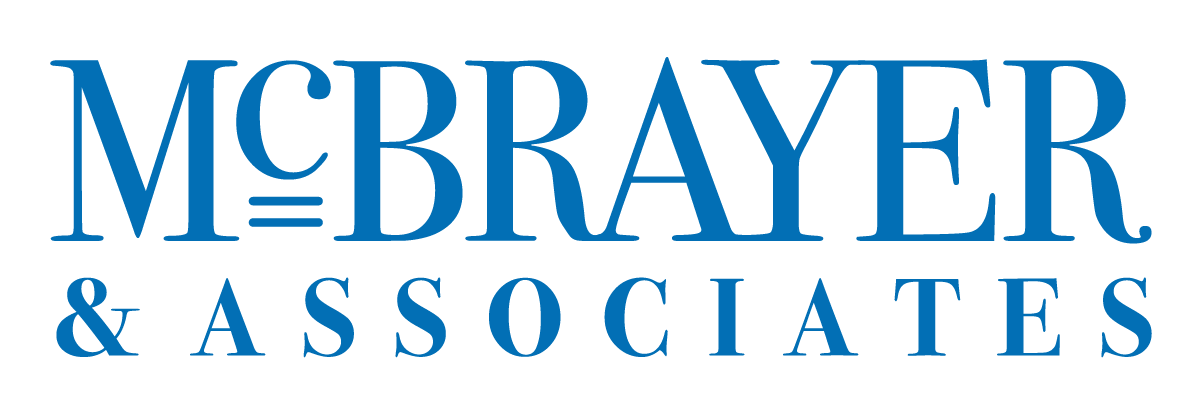7 Questions on How to Establish Credibility

Why Should Sellers Establish Credibility through Education?
When you first meet with a prospect, usually their fear of you is high, and your credibility with them is low.
That doesn’t mean that they distrust you, necessarily. It means you have yet to earn their trust. It’s much like the first time you needed to borrow money: you had no credit. You didn’t have bad credit, you had no credit, and that’s the way it is at your first meeting with a prospect. Our corporate sales training details how exactly we can earn the credibility we need in order to earn the buyer’s trust.
Why do I need Credibility?
As your credibility with a prospect increases, their fear of you—fear that you’ll waste their time, mislead them, or waste their money—decreases.
The decrease in fear is exactly what we want, and in order to start the decrease as soon as possible, we need to get into the relationship as early as possible.
Ideally, that happens before the buying process begins.
The way we get into the relationship before the buying process is to bring value in regards to what interests the client the most.
What are my Prospect’s Interests?
For your convenience our corporate sales training has compiled a list of what every single prospect is most interested in:
- themselves
- the marketplace
- how the marketplace can affect them
Your task is to convince them to trust you, and in order to do that, you have to bring value. Your prospect wants this information. Data and its interpretation is most valuable to them. You can give it to them—but you have to make sure it’s correct in order to build your credibility.
In Program on Persuasion’s corporate sales training, we teach you how to gather this information, how to present it, and how to establish yourself as a think partner in order to earn the credibility you need.
How Is This Valuable?
Our corporate sales training teaches how to bring value through the Education-Based Briefing.
The idea behind the Education-Based Briefing is that it must bring value. Here, we bring value in one of two forms
- trends and statistics about the market that your prospect does not know
- new ways of looking at the information.
When done correctly, the Education-Based Briefing positions the sales representative as the expert—raising their credibility—and begins a natural rapport with the client.
What Parts Bring the Value?
The Education-Based Briefing is not about your company, your products, nor your services.
That information constitutes selling, and that’s exactly what we’re trying to avoid. Here are some kinds of data that we do want to include:
- market patterns
- failure rates
- expert projections
- patterns of problems
- problems with solutions
- segmentation breakdowns
- common mistakes.
Where Can I Find this Information?
To get this information, we can access such resources as government websites, industry journals, trade associations, industry blog, and industry magazines. Many industries also have leaders that provide State of the Industry Webinars at no charge.
One important aspect of building a briefing is documenting your source. This helps you by providing a credible, third party source, demonstrating that you are not pushing an agenda, and showing that you are only trying to establish a relationship with them.
Okay, but Who Has Time for That?
We have time for that. In fact, the customization of our corporate sales training at Program on Persuasion—which includes education-based briefings—is one of the most important qualities that our training offers.
What If My Prospect Disagrees with the Information?
Your prospect will not always agree with your data. That doesn’t mean that you should defend it—after all, you do not own it.
If it is a credible and documented source, though, the most likely disagreement will be that the research is a national number and not the case in their smaller market. One other possible disagreement is that your research will likely be based on national averages, and your buyer is not average, but above or below.
Conclusion
In order to build trust with your prospect, you have to deliver something valuable. The most valuable thing that you can offer a business prospect is information about themselves, their market, or how the market can affect them. Our corporate sales training teaches that the best way to earn the trust of your prospect is through establishing a relationship. That relationship begins with the conversation about your prospect themselves.
Photo by Aaron Burden.
